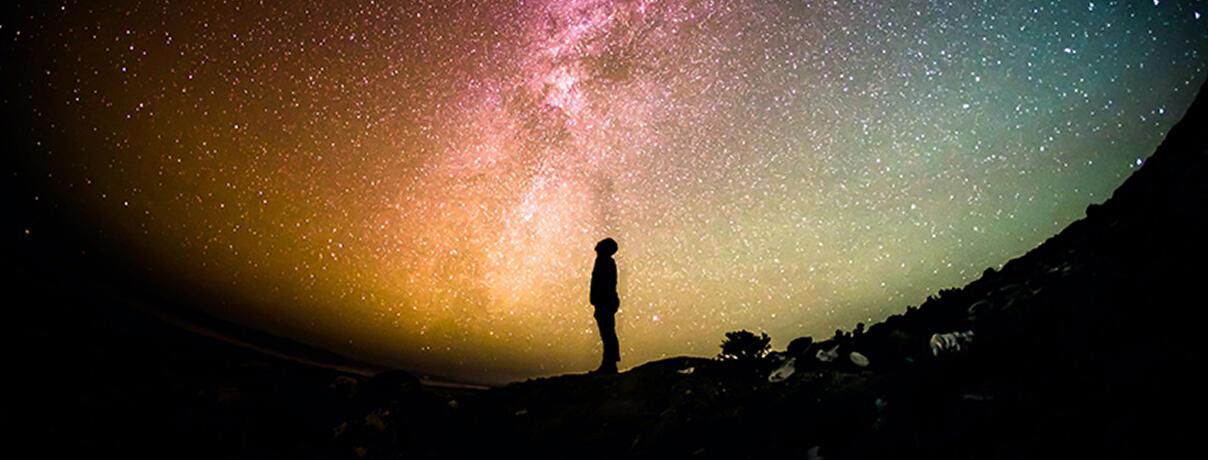8 Fascinating Science Lectures at Gresham College

Gresham College has hosted science lectures since 1597, with many of the luminaries of the Scientific Revolution – including Christopher Wren and Robert Hooke – lecturing here. If you study the history of science, you’ll learn about how the Royal Society was created at a meeting after a Wren lecture held at Gresham. For National Science Week 2023, we have selected 8 fascinating science lectures for you to watch now:
Why Net Zero?
In the first lecture in our series on Net Zero, Professor Myles Allen asks what will it take to stop global warming and how long have we got? Allen explains how you don’t need to be a scientist or policy maker to appreciate what it will take to stop global warming.
Webb Vs. Hubble: Battle of the Space Giants
In this lecture, Dr Maggie Aderin-Pocock explores some of the amazing insights the Hubble Space Telescope has provided on the beauty of our universe and our place in it. She looks towards how the Hubble and its replacement, the James Webb Space Telescope, can give us an understanding of the life cycle of our universe right back to the Big Bang.
The Microbial Basis of Life
Single-celled microbes underpin all life on Earth, and even complex organisms like humans retain a surprising amount of their microbial heritage. In this lecture, Professor Robin May explores how understanding this microbial legacy has some surprising implications, such as explaining why some antibiotics have unwanted side effects.
The End of Our Sun
Our nearest star, that is the engine sustaining life on Earth, will one day run out of fuel. In this lecture, Professor Katherine Blundell explores how when this happens, the Sun will start expanding dramatically, forming a red giant and engulfing much of the solar system including the inner planets; vaporizing oceans; and formerly icy planets will become habitable.
Breast Cancer: A Cultural History
Breast cancer is one of the most dreaded diseases for women, not only because it can be a serious medical condition resulting in painful therapies, but because it is regarded as an assault on a sufferer’s self-image and sexuality. Professor Joanna Bourke explores the history of breast cancer, its treatment and the ideas held about it in society.
Breast Cancer: A Cultural History
What is the Exposome and Why Does It Matter to Your Health?
Our health and susceptibility to disease are not wholly written in our genes. They are influenced throughout our lives by the environments in which we live, the infections we experience, and the psychosocial stresses of daily life. In this lecture, Dr Ian Mudway looks at how the role our environment plays in shaping our health, is encompassed in the concept of the exposome.
Food Security: A Poisoned Chalice of Plant Adaptation
Professor Jacqueline McGlade looks at how worldwide, over 80 plant species are known to cause poisoning from nitrate accumulation. But droughts are exacerbating this for many staple crops and global warming is also helping to spread mycotoxins.
The Future of Health Globally
Professor Chris Whitty looks at an optimistic picture of trends in health around the world. From rapidly falling childhood deaths and diseases in young adults to scientific advances which are transforming the treatment of the major chronic diseases and cancer.


 Login
Login